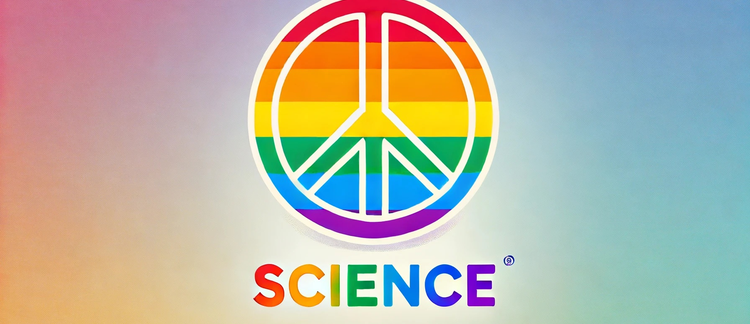
Volume 23 • Issue 04 • 2024 • Special Issue: Science communication for social justice
This special issue examines what a social justice lens can offer to science communication. Contributors adopt decolonial, queer and other critical stances to decentre Global North perspectives in the field.
Editorials
Why should we think about social justice in science communication?
Volume 23 • Issue 04 • 2024 • Special Issue: Science communication for social justice
Articles
Plants and Peoples exhibit at MUHNAC: analysis of traditional and scientific medicine from the perspective of the Epistemologies of South
Volume 23 • Issue 04 • 2024 • Special Issue: Science communication for social justice
Science communicators from marginalized backgrounds challenge STEM cultural norms to promote community belonging
Volume 23 • Issue 04 • 2024 • Special Issue: Science communication for social justice
Practice Insights
GlobalSCAPE: successes and failures in connecting with science communicators around the world
Volume 23 • Issue 04 • 2024 • Special Issue: Science communication for social justice
Essays
Scientific temper: towards an alternate model of science-society relationships
Volume 23 • Issue 04 • 2024 • Special Issue: Science communication for social justice
Fugitive publics: sex, sexuality, and science communication
Volume 23 • Issue 04 • 2024 • Special Issue: Science communication for social justice
Clashing epistemologies and contrasting injustice: an Aotearoa/ New Zealand case
Volume 23 • Issue 04 • 2024 • Special Issue: Science communication for social justice
Collections
-
Volume 25
arrow_drop_down -
Volume 24
arrow_drop_down -
Volume 23
arrow_drop_down-
Volume 23 • Issue 09 • 2024 • Trust in science
Volume 23 • Issue 08 • 2024
Volume 23 • Issue 07 • 2024 • Discovery Science
Volume 23 • Issue 06 • 2024
Volume 23 • Issue 05 • 2024
Volume 23 • Issue 04 • 2024 • Special Issue: Science communication for social justice
Volume 23 • Issue 03 • 2024
Volume 23 • Issue 02 • 2024 • Connecting Science
Volume 23 • Issue 01 • 2024
-
Volume 22
arrow_drop_down -
Volume 21
arrow_drop_down -
Volume 20
arrow_drop_down -
Volume 19
arrow_drop_down -
Volume 18
arrow_drop_down -
Volume 17
arrow_drop_down -
Volume 16
arrow_drop_down -
Volume 15
arrow_drop_down -
Volume 14
arrow_drop_down -
Volume 13
arrow_drop_down -
Volume 12
arrow_drop_down -
Volume 11
arrow_drop_down -
Volume 10
arrow_drop_down -
Volume 9
arrow_drop_down -
Volume 8
arrow_drop_down -
Volume 7
arrow_drop_down -
Volume 6
arrow_drop_down -
Volume 5
arrow_drop_down -
Volume 4
arrow_drop_down -
Volume 3
arrow_drop_down -
Volume 2
arrow_drop_down -
Volume 1
arrow_drop_down